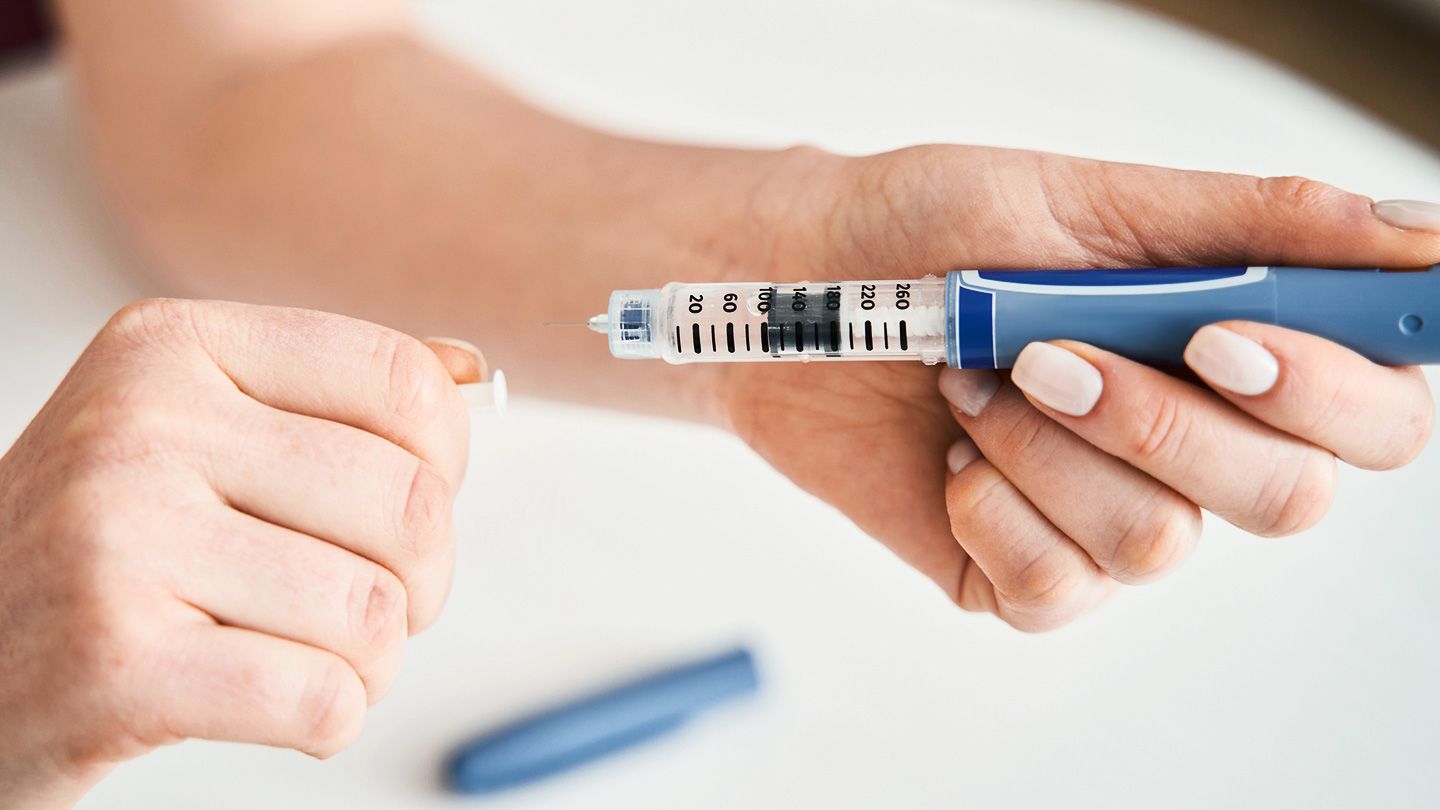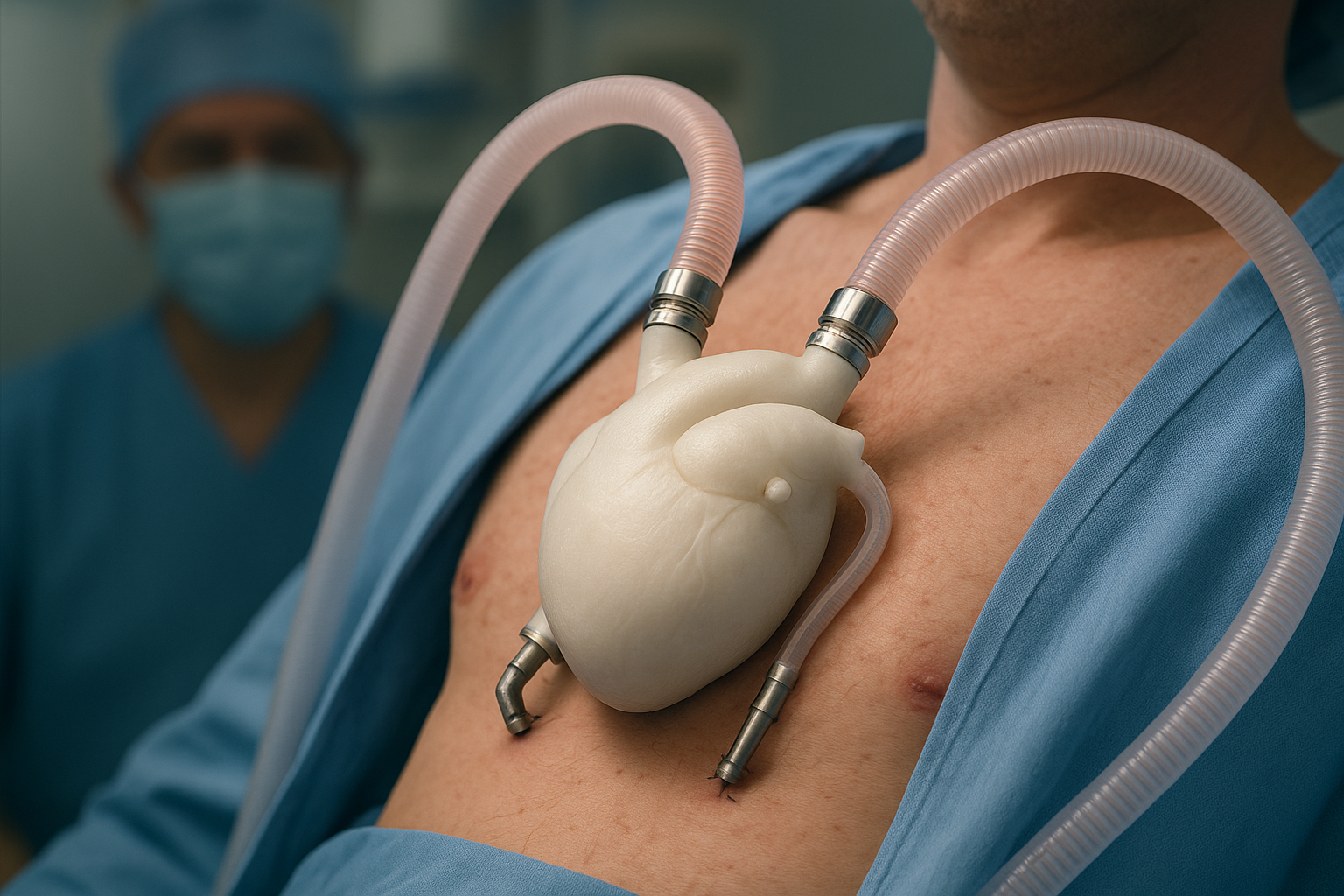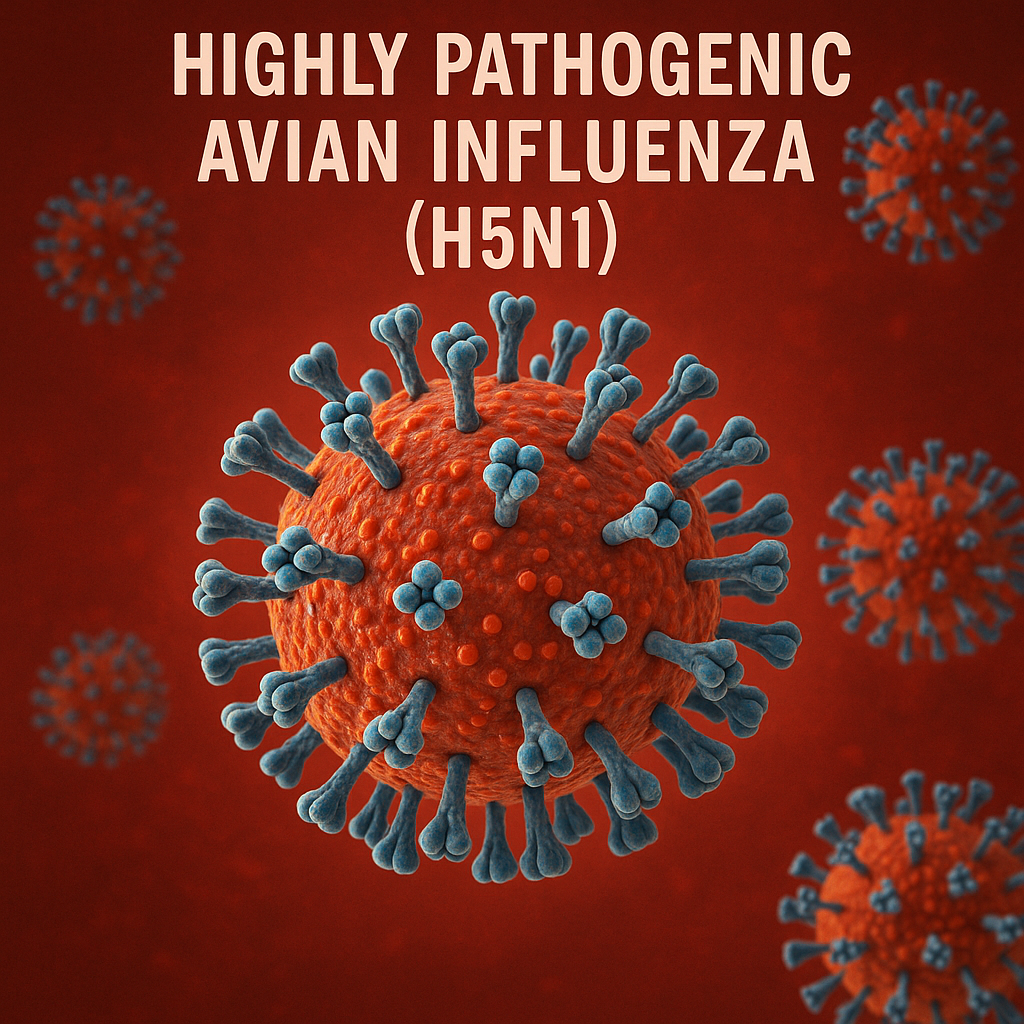
Type 1 diabetes (T1D) is a chronic autoimmune condition characterized by the immune-mediated destruction of insulin-producing pancreatic β-cells, leading to lifelong insulin dependency. In India, where over 8.6 lakh people live with T1D, research into alternative autoimmune therapies is advancing to address the limitations of conventional insulin therapy. These therapies aim to modulate the immune system, preserve β-cell function, or restore insulin production. Below is an overview of alternative autoimmune therapies for T1D being researched and tested, with a focus on efforts in India, based on recent studies and global context relevant to the Indian population.
1. Stem Cell Therapy
Stem cell therapy is a promising frontier in T1D treatment, aiming to regenerate insulin-producing β-cells or modulate the autoimmune response. In India, research has focused on the potential of pluripotent stem cells, such as embryonic stem cells (ESCs) and induced pluripotent stem cells (iPSCs), to differentiate into insulin-producing cells.
- Indian Perspective: Scientists at the Jawaharlal Nehru Centre for Advanced Scientific Research (JNCASR) have developed a pancreas-mimicking system for responsive insulin delivery, which could complement stem cell therapies by improving glucose regulation. While not a direct therapy, such innovations support the integration of stem cell-derived β-cells into practical applications. A notable global case, reported in China but relevant to Indian research, involved a woman with T1D who regained insulin production after receiving reprogrammed stem cells, marking a milestone in regenerative medicine. Indian researchers are exploring similar approaches, focusing on iPSCs to avoid ethical concerns associated with ESCs. However, challenges include immune rejection, the need for long-term immunosuppression, and scalability for widespread use in India’s large T1D population.
- Challenges and Future Directions: Stem cell therapies face hurdles such as the risk of immune rejection, requiring immunosuppressive drugs that may increase infection or cancer risks. Encapsulation technologies to shield transplanted cells from immune attacks are under investigation, but long-term efficacy and regulatory approvals remain critical barriers. Further research is needed to ensure safety, durability, and accessibility in India’s healthcare context.
2. Immunotherapy
Immunotherapies aim to modulate the immune system to halt β-cell destruction, preserve residual β-cell function, or prevent T1D onset in at-risk individuals. While global trials dominate, Indian studies contribute by assessing autoantibody prevalence and immune profiles, which inform immunotherapy development.
- Autoantibody Research in India: A retrospective study in India found that 53.75% of T1D patients tested positive for autoantibodies, with glutamic acid decarboxylase-65 (GAD-65) antibodies being the most prevalent (58.86%), followed by IA2-insulin (20.40%), islet cell antibodies (ICA, 16.72%), and insulin antibodies (IA, 12.37%). Higher GAD-65 positivity in females suggests potential for sex-specific immunotherapies. These findings underscore the importance of early autoantibody screening to identify candidates for immunotherapies that target autoimmune processes before significant β-cell loss.
- Global Immunotherapies with Indian Relevance: Therapies like teplizumab, an anti-CD3 monoclonal antibody approved by the FDA in 2022 to delay T1D onset, are relevant for India due to the high prevalence of at-risk populations. Teplizumab modifies T-cell activity to reduce autoimmune attacks on β-cells, extending diabetes-free periods by a median of two years in high-risk individuals. Low-dose interleukin-2 (IL-2) therapy, which selectively stimulates regulatory T cells (Tregs) to suppress autoimmunity, has shown promise in global trials and could be adapted for Indian patients, particularly children with recent-onset T1D. While specific Indian trials for these therapies are limited, the country’s high T1D burden and genetic diversity make it a critical region for future studies.
- Indian Contributions: Research in East India by Sanyal et al. over a decade noted increasing autoantibody positivity, potentially linked to enterobiome changes, suggesting environmental triggers that immunotherapies could target. Such studies provide a foundation for developing region-specific immunotherapies.
3. Islet Cell Transplantation
Islet cell transplantation involves infusing insulin-producing islet cells, typically from donors, into the liver to restore insulin production. While not a new concept, advancements are improving its feasibility for T1D management.
- Global Advances with Indian Potential: The FDA’s 2023 approval of donislecel (Lantidra), the first allogeneic islet cell therapy for T1D patients with severe hypoglycemia, highlights progress. In clinical studies, 21 of 30 participants achieved insulin independence for one to over five years. Indian researchers are exploring similar approaches, though donor scarcity and the need for immunosuppression pose challenges. The development of hypoimmune cells, using gene editing to evade immune detection, could reduce these barriers and is of interest for Indian research institutions aiming to scale therapies for local populations.
- Indian Context: India’s large T1D population and limited donor availability necessitate innovative solutions like stem cell-derived islets or encapsulation devices to protect transplanted cells without immunosuppression. While specific Indian trials for islet transplantation are not widely reported, the global success of therapies like Lantidra encourages research into locally viable adaptations.
4. Gene Therapy
Gene therapy aims to introduce genes that restore β-cell function or protect against autoimmune attacks. While primarily tested in animal models, its potential for T1D treatment is significant.
- Global Developments Relevant to India: Studies like Jaen et al.’s work in diabetic dogs, using adeno-associated virus (AAV) vectors to deliver insulin and glucokinase genes, achieved normoglycemia for eight years. Such approaches could be adapted for India, where non-obese diabetic (NOD) mouse models are used to study T1D autoimmunity. Combining gene therapy with adipose-derived stem cells (ADSCs) to express insulin genes is another avenue under exploration, with potential for scalability due to the accessibility of ADSCs.
- Indian Research: While India-specific gene therapy trials for T1D are in early stages, the country’s expertise in genetic research and stem cell technologies positions it to contribute to global efforts. Challenges include ensuring long-term immune protection and avoiding vector-induced immune responses.
5. Precision Medicine and Personalized Approaches
Precision medicine tailors therapies based on individual genetic, immune, and environmental profiles. India’s heterogeneous T1D population makes it a prime candidate for such approaches.
- Indian Studies: Research by Dhanwal et al. in Delhi reported high autoantibody prevalence (48% anti-GAD, 28% insulin antibodies, 14% IA2), indicating the need for personalized immunotherapies based on autoantibody profiles. The Precision Medicine in Diabetes Initiative (PMDI) emphasizes risk stratification and early detection, which could guide India’s efforts to implement targeted therapies.
- Future Prospects: Advances in genetic screening and autoantibody testing could enable pre-clinical detection and intervention, particularly in high-risk groups like children aged 4–7 or 10–14, where T1D incidence peaks. India’s focus on early screening and awareness campaigns could integrate precision medicine into public health strategies.
Challenges in India
- Scalability and Cost: Therapies like stem cell treatment and islet transplantation are costly and require advanced infrastructure, limiting accessibility in India’s resource-constrained healthcare system.
- Regulatory Hurdles: Stringent regulatory approvals are needed to ensure safety and efficacy, delaying clinical translation.
- Immune Rejection: Transplanted cells or gene therapies risk immune attack, necessitating long-term immunosuppression or innovative solutions like encapsulation or hypoimmune cells.
- Research Gaps: While India contributes to autoantibody studies, large-scale clinical trials for immunotherapies and gene therapies are limited compared to global efforts.
Conclusion
India is making strides in T1D research, particularly in understanding autoantibody prevalence and exploring stem cell-based therapies. Stem cell therapy, immunotherapies like teplizumab and IL-2, islet cell transplantation, gene therapy, and precision medicine are among the alternative autoimmune therapies being researched globally, with potential for adaptation in India. Collaborative efforts between Indian institutions like JNCASR and global researchers could accelerate progress. However, challenges such as cost, scalability, and immune rejection must be addressed to make these therapies viable for India’s large T1D population. Continued investment in research, clinical trials, and public health initiatives will be crucial to realizing the potential of these innovative treatments.
References:
- Almeida F, Christy A, Jatale R, et al. Prevalence of Autoantibodies in Type 1 Diabetes Mellitus and the Clinical Utility of Diabetes Antibody Testing in the Indian Population: A Retrospective Study of 3 Years. Indian J Med Biochem 2023;27(3):45–49.
- The future of diabetes treatment: Is a cure possible? www.labiotech.eu, Published: 2025-05-09.
- Recent Advances in Immune-Based Therapies for Type 1 Diabetes. Karger Publishers, Published: 2022-05-09.
- Diagnosis and treatment of type 1 diabetes at the dawn of the personalized medicine era. Journal of Translational Medicine, Published: 2021-04-01.
- Stem cell therapy to cure T1 diabetes? The Indian perspective. The Hindu, Published: 2024-10-04.
- FDA Approves First Cellular Therapy to Treat Patients with Type 1 Diabetes. www.fda.gov, Published: 2024-08-10.
- Disease-modifying therapies and features linked to treatment response in type 1 diabetes prevention: a systematic review. Communications Medicine, Published: 2023-10-05.
- Vertex Pharmaceuticals | R&D Pipeline | Type 1 Diabetes. www.vrtx.com, Published: 2023-03-09.
- Type 1 diabetes / insulin-dependent diabetes. www.autoimmuneinstitute.org, Published: 2021-07-15.





